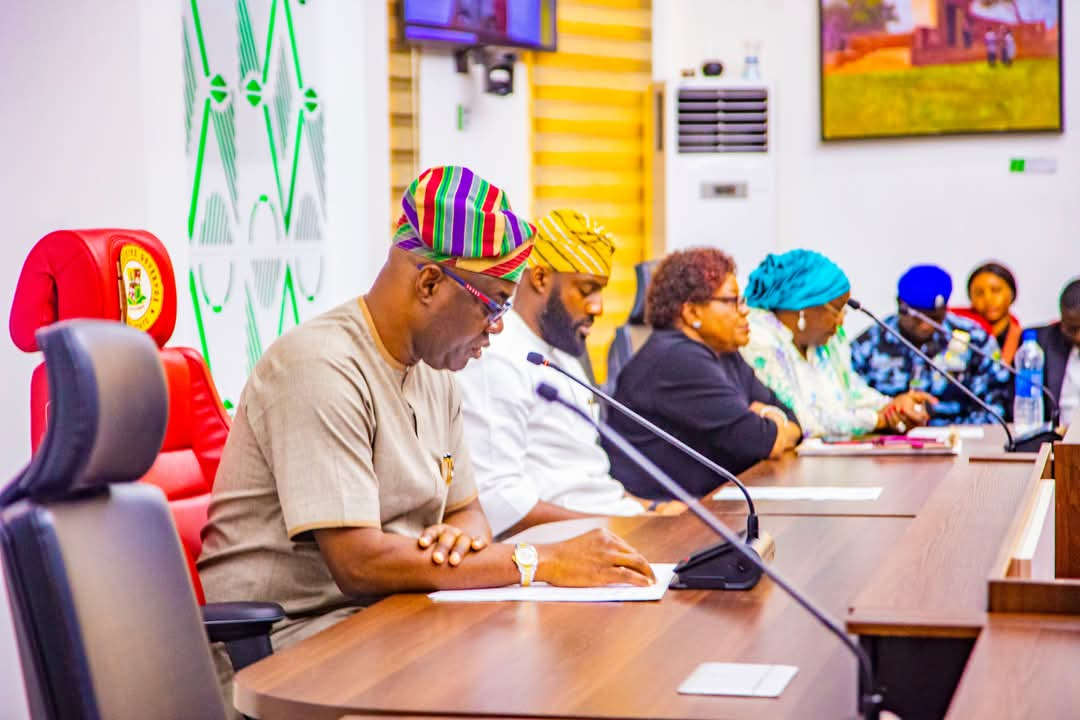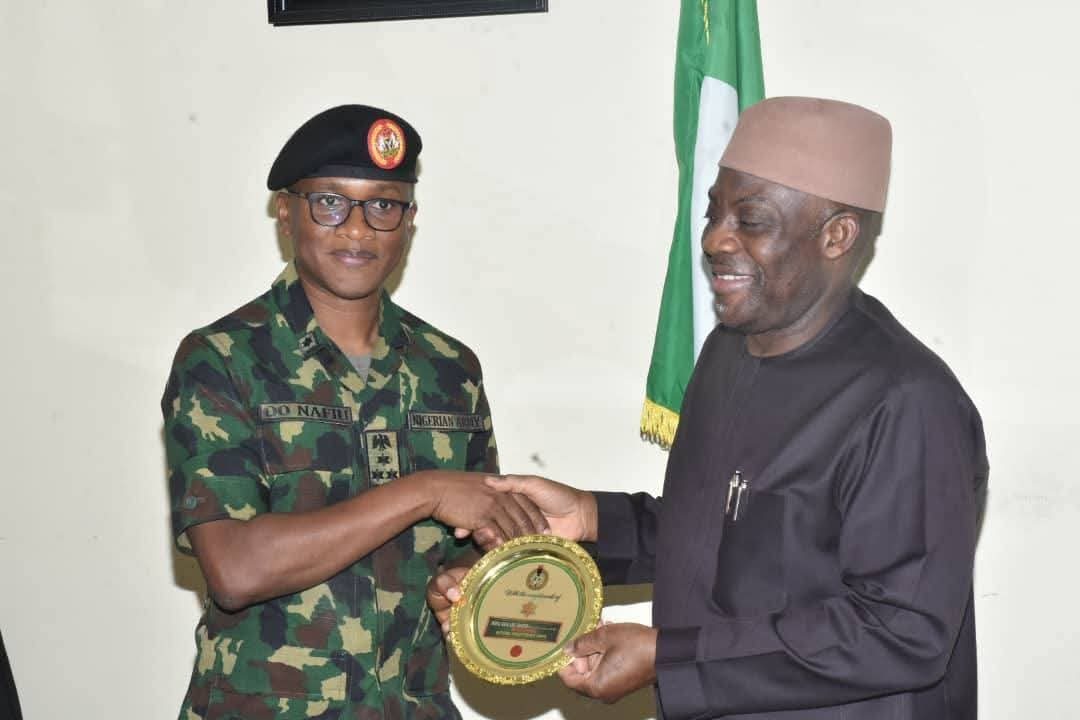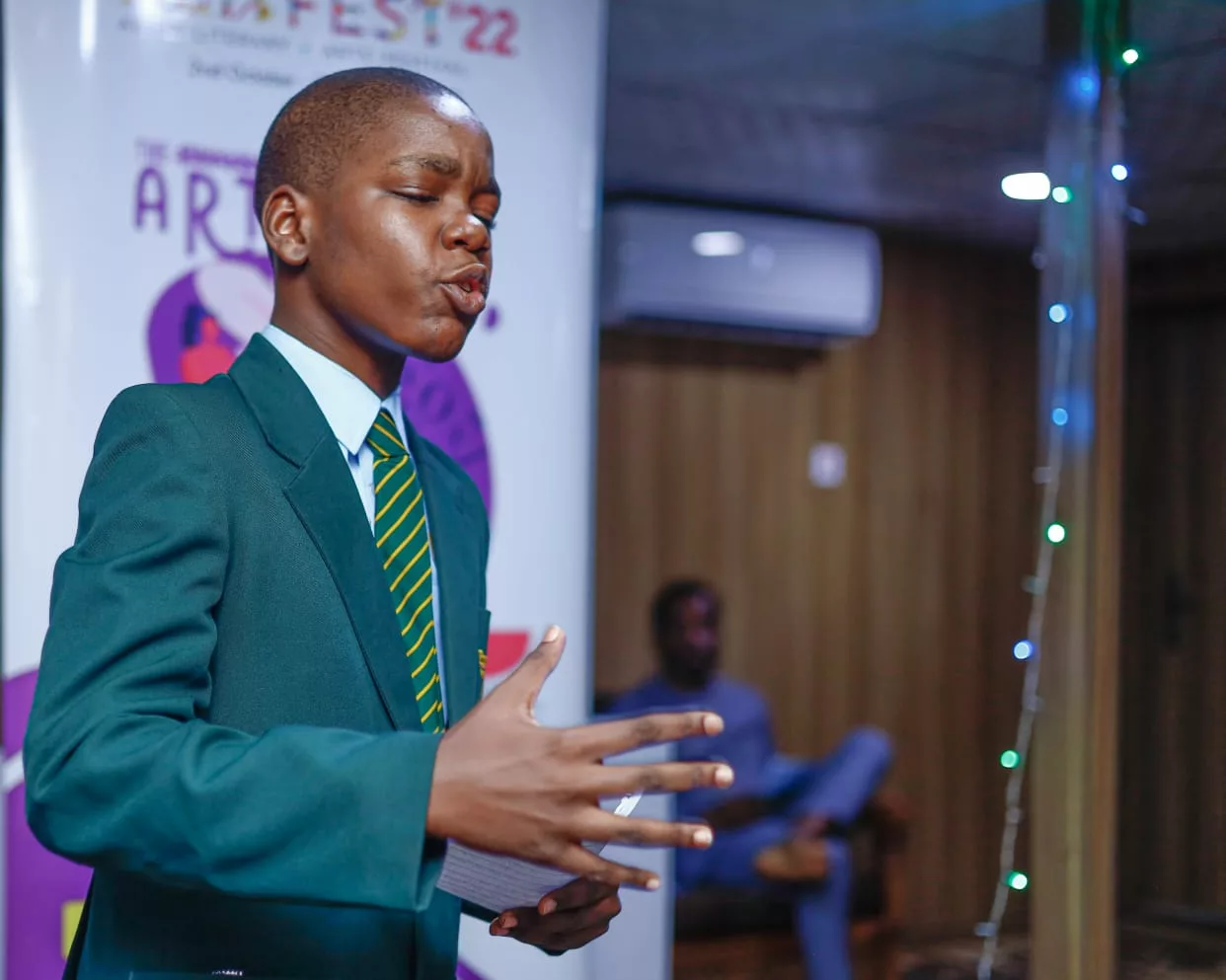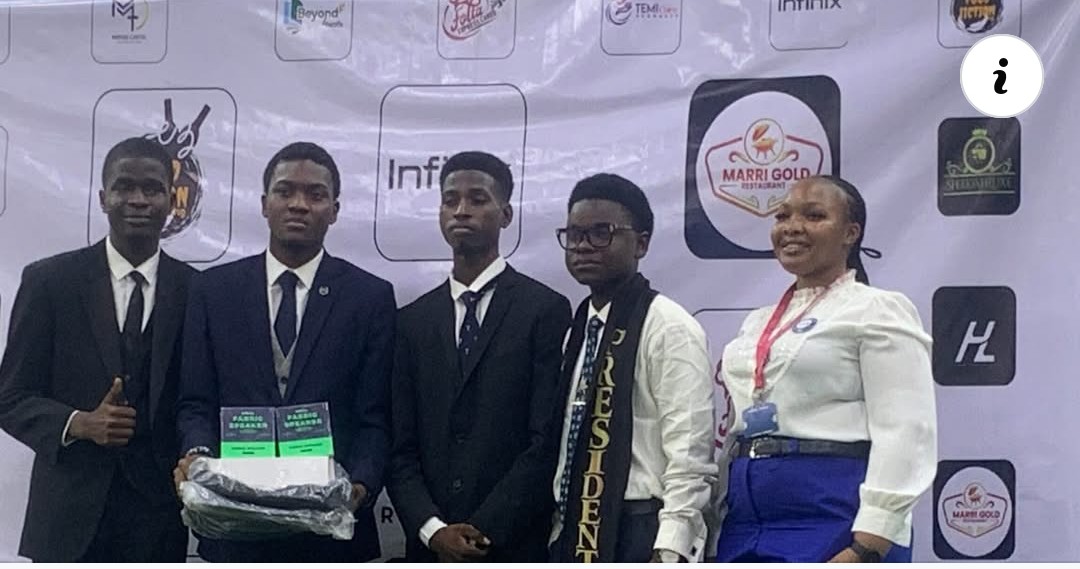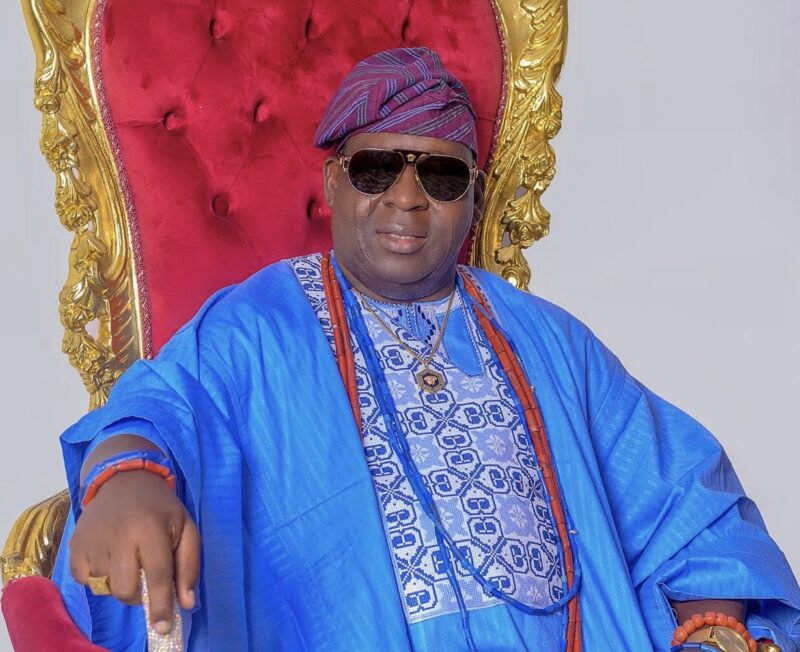The Association of Private Educators in Nigeria (APEN) hosted its 2023 conference themed “Future Fusion: Artificial Intelligence in Learning and Innovation.” The conference, held in Lagos, brought together educators, technology experts, and professionals from across the country to delve into the transformative power of artificial intelligence (AI) in education.
The conference featured a series of thought-provoking sessions, exposing attendees to the imperative of adopting and harnessing AI in teaching-learning activities.
Distinguished speakers, including Folashade Adefisayo, the former commissioner for education for Lagos; Olufemi Oyenuga, PhD, CEO of a leading IT firm; and Oladipo Oluwatosun, school leader of a prominent school in Abuja, shared their expertise. They emphasised the importance of flexibility, skill-building, project-based learning, and the development of innovative and entrepreneurial skills in the face of an AI-driven educational future.
Adefisayo, the former commissioner for education, stood before a room filled with eager educators, her words hanging in the air like a promise of transformation. “AI will change everything,” she proclaimed passionately, her voice echoing the urgency of the message. With conviction, she emphasised the need to embrace change, urging the educators to abandon rigidity and traditional teaching methods. “We cannot afford to be rigid,” she declared, her eyes shining with determination.
She envisioned a future where skills were paramount, where project-based learning became the norm, and where the youth were nurtured to develop innovative and entrepreneurial talents. Her words sparked a wave of inspiration, setting the stage for a new era in education.
Attendees were enlightened about the potential future of classrooms, where traditional textbooks might become obsolete. The vision presented was of classrooms where learners transform into teachers themselves, guided by AI. In this futuristic setting, teachers would serve as facilitators, directing learners on how to ask questions and solve problems using AI technologies.
One of the notable sessions was on “Mental Health in a Hyperconnected World,” facilitated by Olayinka Jibuno, a consultant psychiatrist and psychologist She highlighted the signs of technology obsession, including over-reliance on gadgets and reduced real-life social interactions, and offered solutions such as intentional detoxification, substituting screen time with other activities, and maintaining a balanced 1-2-1 system for children: one hour of physical activity, two hours online, and one hour of social interaction with family daily.
A resounding message echoed throughout the conference – the key attributes for teachers in this AI-driven age are creativity, innovation, and entrepreneurship. Educators were urged to adapt their teaching methods to nurture these skills in their students, preparing them for the challenges and opportunities of an AI-dominated future.
One of the participants, Kemi Ogunsanya, a respected educator, shared pivotal insights into infusing AI into private education institutions across Nigeria.
Ogunsanya highlighted various strategies for incorporating AI in education, emphasising the importance of analyzing assessment data to personalise learning experiences. By tailoring educational content to individual student needs, educators can create a more engaging and effective learning environment.
A significant focus was placed on automating school administrative tasks, relieving educators of time-consuming responsibilities and enabling them to concentrate on teaching. Language translations facilitated by AI technology ensure accessibility, breaking down language barriers and promoting inclusivity among students from diverse linguistic backgrounds.
Furthermore, AI-powered advancements have revolutionised parent-teacher communication, fostering stronger collaboration between home and school. Real-time updates and interactive platforms have strengthened the partnership, ensuring parents are actively involved in their children’s education.
In a move towards holistic learning environments, educators in Nigeria are focusing on class aesthetics, creating visually stimulating spaces conducive to learning. AI-driven innovations have played a vital role in designing these aesthetically pleasing classrooms, enhancing the overall learning experience.
The feedback from the APEN conference reflects a shared enthusiasm among private educators in Nigeria for these AI-driven initiatives. As the Association of Private Educators in Nigeria embraces these innovations, the future of education in the country appears promising, with personalized, inclusive, and engaging learning experiences at the forefront.
Some of the distinguished speakers present, Leke Alder, Yinka Ogunde, Chioma Momah, Foluoso Gbadamosi, Olayinka Jibunoh, Omolola Shonubi, Tokunboh George Taylor, Yejide Aina, Abolaji Osime, Kehinde Nwani, Oluyemi Oyenuga, and a host of others.
The APEN 2023 conference proved to be a pivotal event, shaping the future of education in Nigeria. Educators left the conference inspired and empowered, armed with the knowledge and strategies needed to embrace AI and foster creativity and innovation in their classrooms.
As far as the education landscape continues to evolve, APEN’s conference served as a beacon, guiding educators toward a technologically advanced and innovative future.








